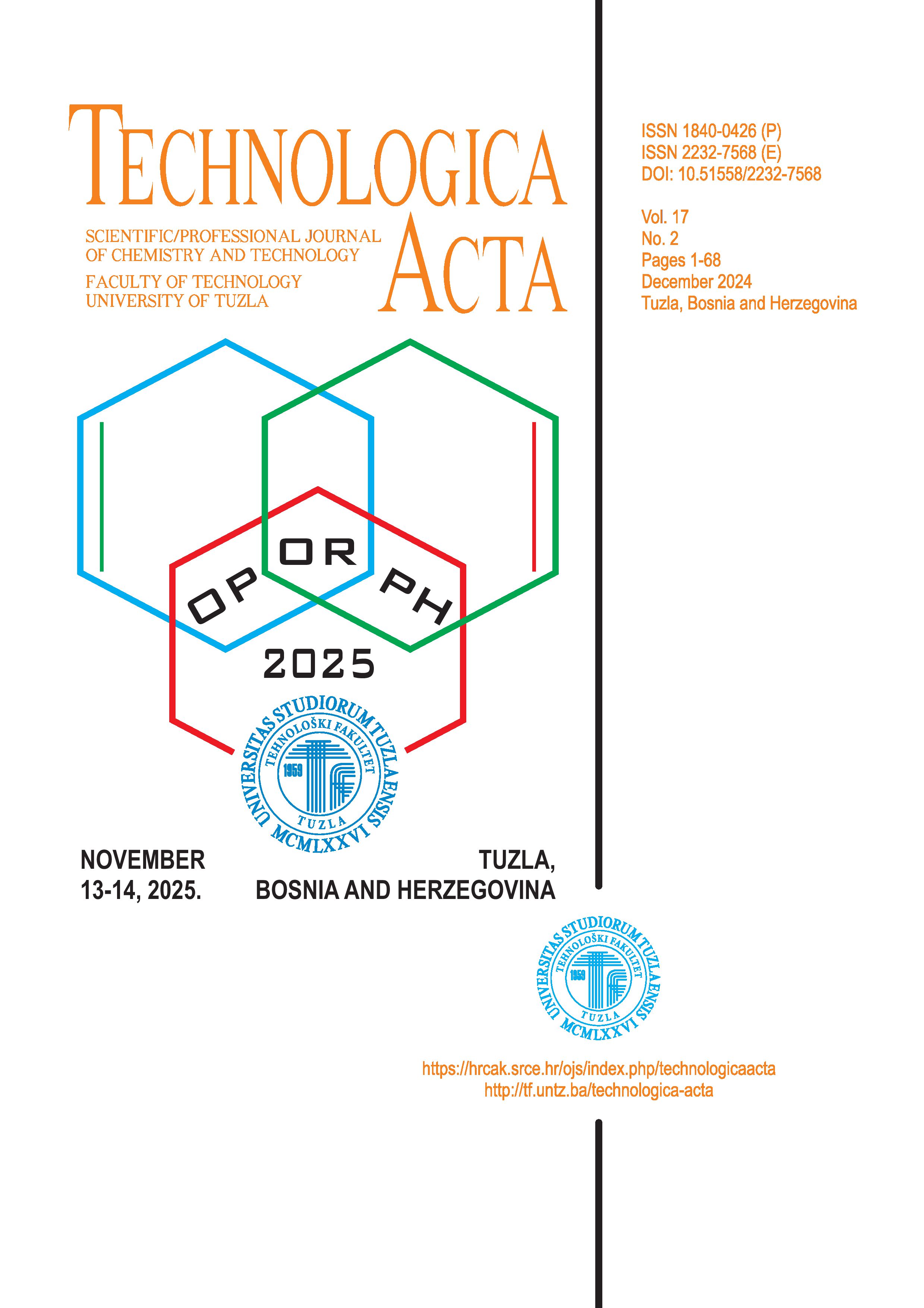Evaluation of the effectiveness of niacinamide-based cosmetic preparations in reducing facial skin sebum levels
Keywords:
oily skin, niacinamide ,sebum, cleansing foams, cleansing tonicsAbstract
Sebum is an oily liquid produced by the sebaceous glands. It serves as a protective barrier for the skin, keeping it hydrated and enhancing its elasticity. Sebum contains triglycerides, fatty acids, wax esters, antioxidant squalene, and cholesterol. While the highest concentration of sebum is produced on the face, it is also present on other parts of the skin, including the scalp. Excessive sebum secretion leads to oily skin, but even dry and normal skin types produce a certain amount of sebum.
Cleansing foams and tonics for oily skin have an advantage over other pharmaceutical products, such as creams, soaps, and liquid powders, as they can be applied to all areas of the skin.
Niacinamide (C6H6N2O) is a pyridinecarboxyamide and organic molecule belonging to the vitamin B group. In recent years, niacinamide has become widely used in cosmetology for the formulation of various pharmaceutical products, primarily for dermal application. However, it is also incorporated into shampoos and hair tonics. Niacinamide is effective in reducing sebum levels on the skin, providing hydration, strengthening the skin's protective barrier, and minimizing visible wrinkles.
This study explores the effectiveness of niacinamide as an active component in tonics and foams, along with the stability of these formulations, their microbiological purity, and in vivo testing on volunteers. The MPA 6 device, used in skin bioengineering, was employed to measure the amount of sebum on volunteers' facial skin before and after using a cleansing foam for oily skin.
Downloads
Published
Issue
Section
License
Copyright (c) 2025 Merima Ibišević, Enida Karić, Maida Šljivić Husejnović, Amra Džambić, Aida Smajlagić, Armina Bilalić Bukvić, Azra Hadžigrahić, Dinela Sejdinović, Semra Sukanović Bešlagić, Irma Džafić, Nerma Jašarević

This work is licensed under a Creative Commons Attribution 4.0 International License.


